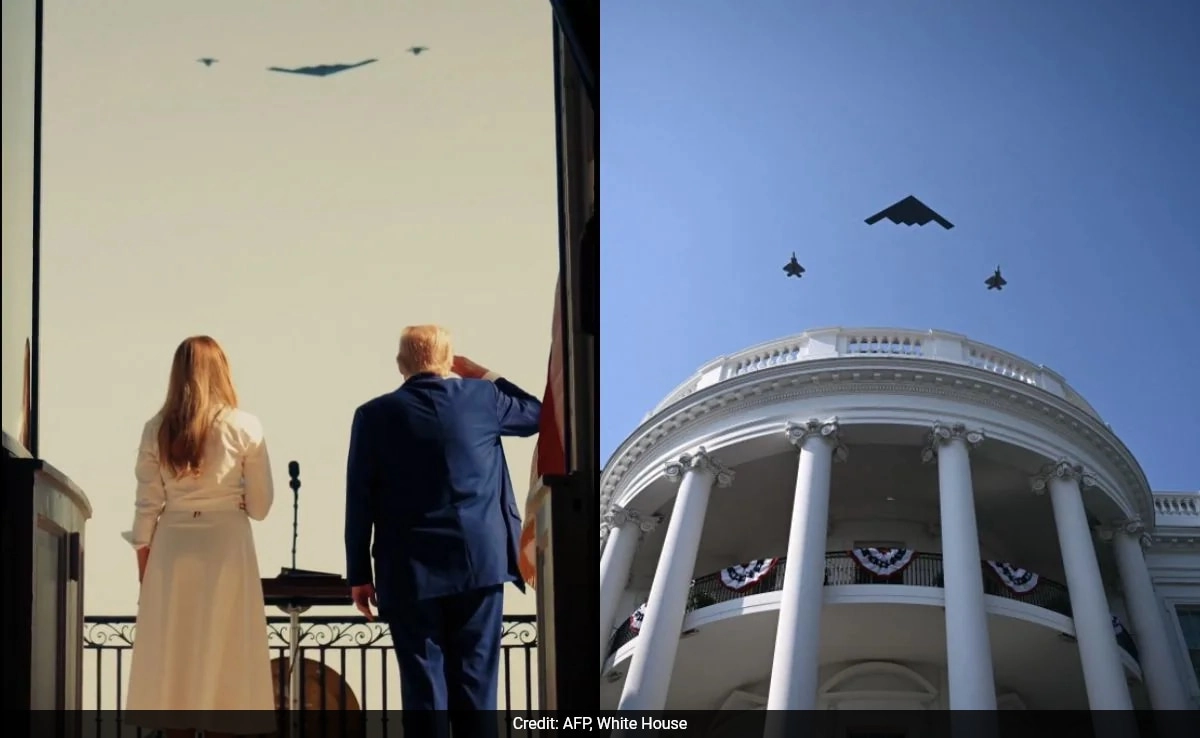Indian-American lawmakers have voiced strong criticism of former President Donald Trump’s administration’s implementation of reciprocal tariffs, labeling the move as “reckless.” These tariffs, which were intended to address trade imbalances and protect American industries, have raised concerns among lawmakers who argue that they disproportionately impact Indian-American businesses and consumers. The tariffs have been perceived as a form of economic warfare that could escalate tensions between the United States and India, two nations that have been working to strengthen their bilateral ties.
Critics argue that the imposition of tariffs not only harms businesses but also affects everyday consumers who may face higher prices for goods and services. Indian-American lawmakers have pointed out that the tariffs can lead to retaliatory measures from India, potentially harming American exports and undermining the economic relationship between the two countries. This situation is particularly concerning given the growing economic ties and collaboration in various sectors, including technology and defense.
The lawmakers have called for a more measured and diplomatic approach to trade negotiations, emphasizing the need for dialogue and cooperation rather than punitive measures. They advocate for policies that foster mutual growth and benefit both nations, highlighting the significant contributions of the Indian-American community to the U.S. economy. By focusing on collaboration rather than confrontation, they believe that both countries can work together to address trade issues effectively and sustainably.
In conclusion, the criticism from Indian-American lawmakers regarding Trump’s reciprocal tariffs underscores the complexities of international trade relations. They urge a reconsideration of strategies that prioritize diplomacy and partnership over unilateral actions that could lead to economic instability. As the U.S. seeks to navigate its trade relationships, the voices of these lawmakers serve as a reminder of the importance of considering the broader implications of trade policies on communities and international alliances.




